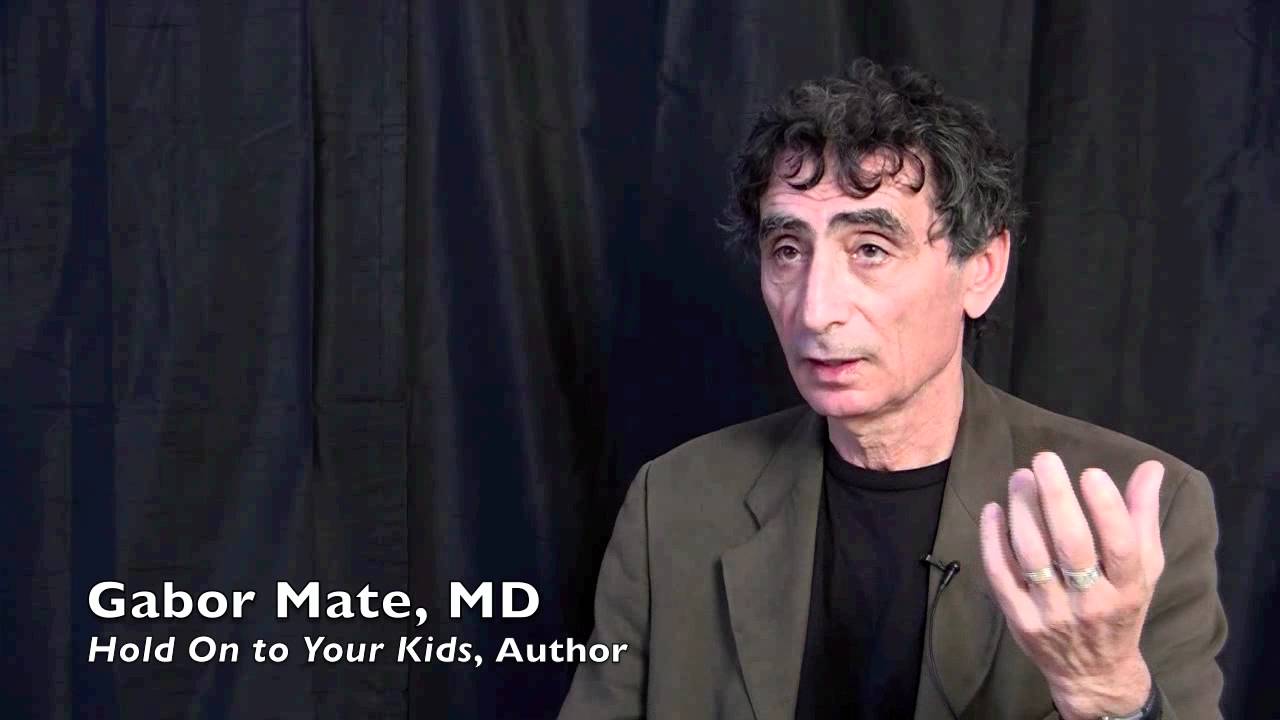TDF
Black Holes. Just reading the words brings a chill up the spine since it is one of the most mysterious, intriguing – and destructive – objects in the universe. Imagine, an object or space containing extremely dense gravity within, that anything sucked into one (including light), will be trapped forever, never able to escape.
For almost 350 years, the existence of black holes was just a theory, an idea developed by leading astronomers and physicists including Einstein, Oppenheimer, and Hawking. Despite all the theories, no one seriously thought of a Black Hole as a real thing. There were no physical sightings of one, no pictures, sound waves or anything. Many thought of it as something only real in a Star Trek episode.
However, modern observational tools such as satellites, high powered x-ray telescopes, advanced radio scanners, and gravitational-wave observatories, looked to the stars and discovered conclusive proof that quickly changed theory to reality.
Yes, black holes are an actual thing. This momentous bit of information has forced us to ask many questions including:
Where do they come from?
What do they do?
Are we safe from them?
Are they far or near enough for our solar system to get stuck in one?
And when scientists describe them as massive, how big and powerful do they get exactly?
“The Most Powerful Black Holes in the Universe” takes us on a crash course of the history of black holes, touching on its interconnected development with physics, how much it owes to the rise of modern technology, as well as the science behind its study.
It provides a clear explanation of concepts, supported by archival footage and stellar animation, so that physics and astronomy newbies and experts alike, can easily understand.
We now look to the future. What happens next and what kind of future research needs to be done to learn more about black holes. How do we tackle the seemingly impossible task of getting close to one while safely finding out what happens on the other side? And most importantly, what does this mean for our own seemingly minute human existence?




